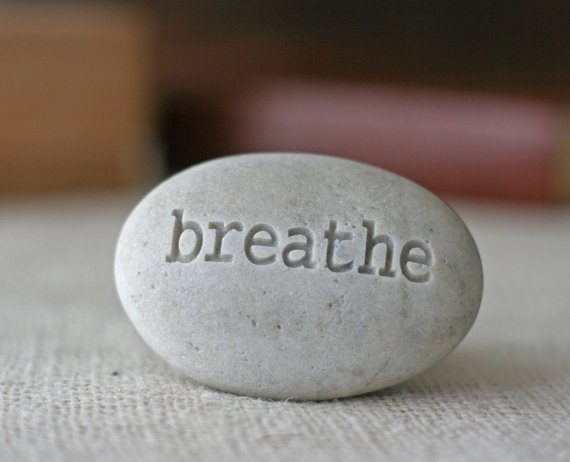Bereavement and grief are natural responses to any form of loss. Whether that is the death of a loved one, or what we refer to as a ‘living loss’. Living losses can appear in different ways, such as the end of a relationship, being made redundant, retirement, moving home, friendship fallouts, the loss of our identity or even the loss of health – and can all cause emotional distress.
There is no set time limit to grieving. For some it is a work in progress, and it can take a long time to process the enormity of the loss and to reorganise a new life around it. A frequent statement in my office is “I’ve been told I should be over this by now” – if you can relate to this, be mindful of not falling into the trap of having your grief compared to someone else’s. Even if you are both experiencing the loss of the same person or situation you are both bringing your own experience and depth of emotion into the loss and both travelling at your own pace. Remember, faster doesn’t mean better…
For many, bereavement is a very painful experience, but everyone will experience and identify with their loss differently and in ways unique to them. Similarly, people ‘cope’ in different ways too.
For example, some people will want to feel heard and talk about their loss, whilst others may find solace and meaning within the ‘doing’ – for instance volunteering or fundraising for a charity.
Whilst some people can manage their grief on their own, or with the support of loved ones, others cannot, and if you feel that you are beginning to struggle, then it may be the right time to consider accessing therapy and providing yourself with the space to gently explore the difficulties and personal challenges surrounding your bereavement or sense of loss.
